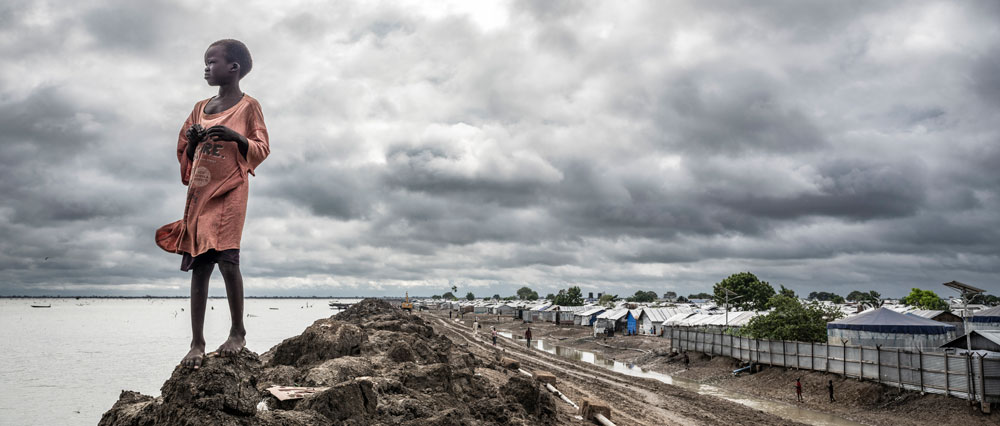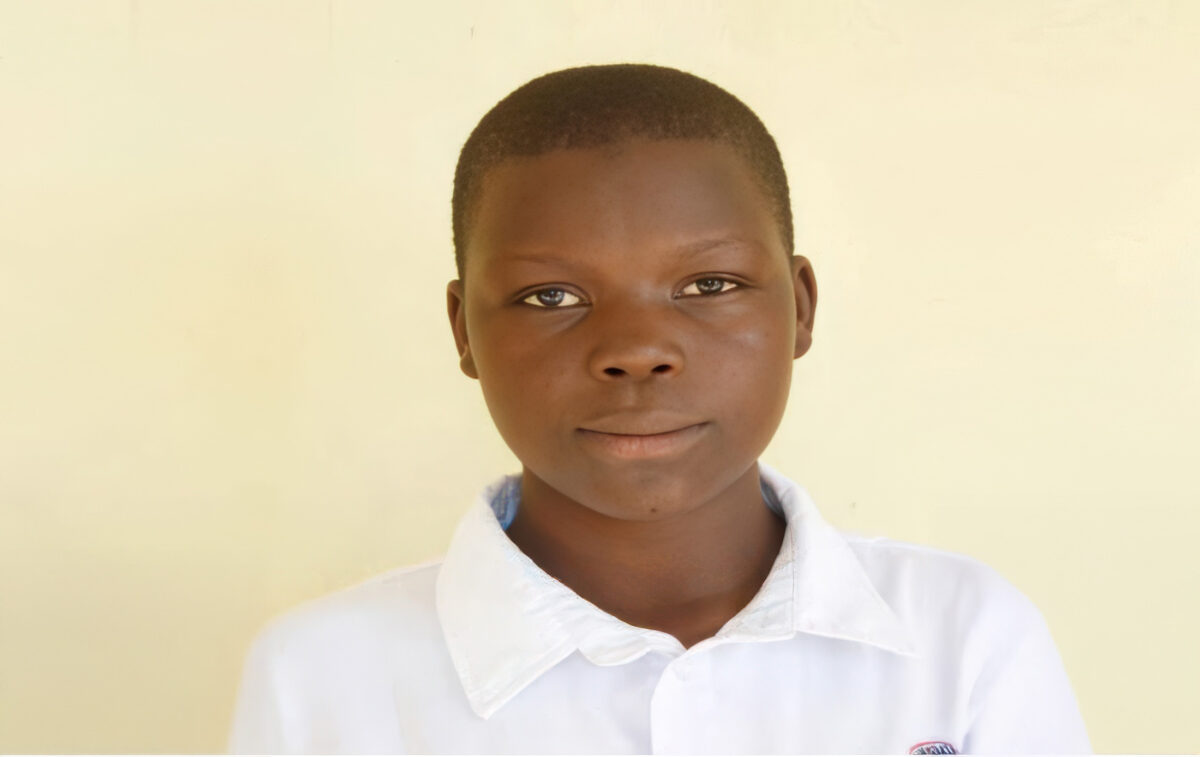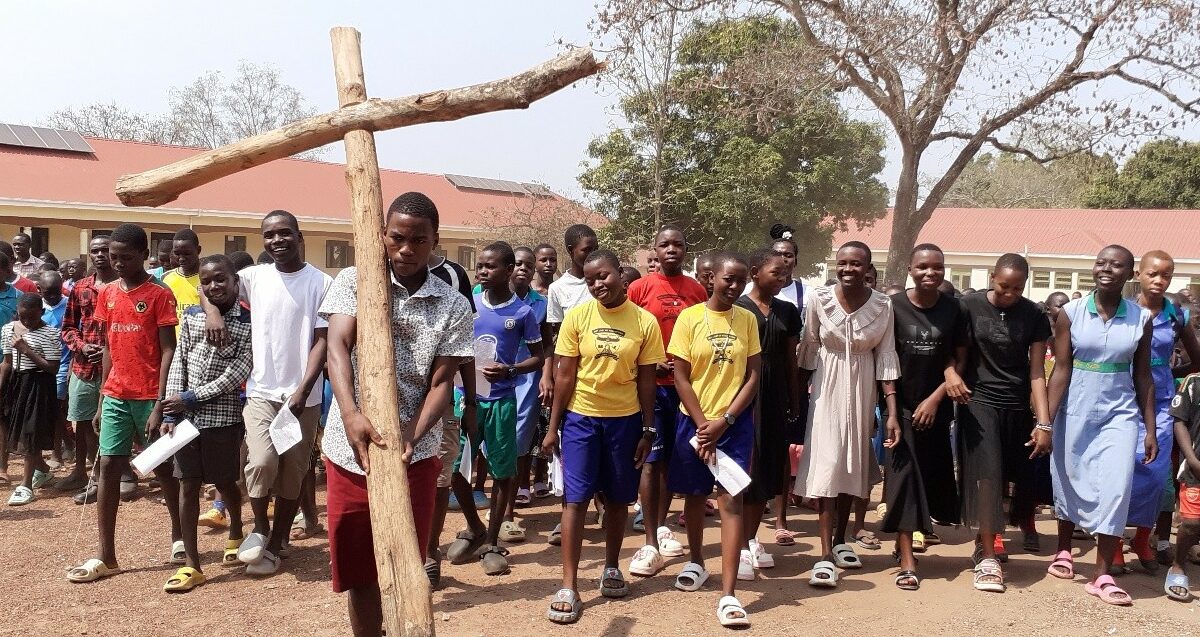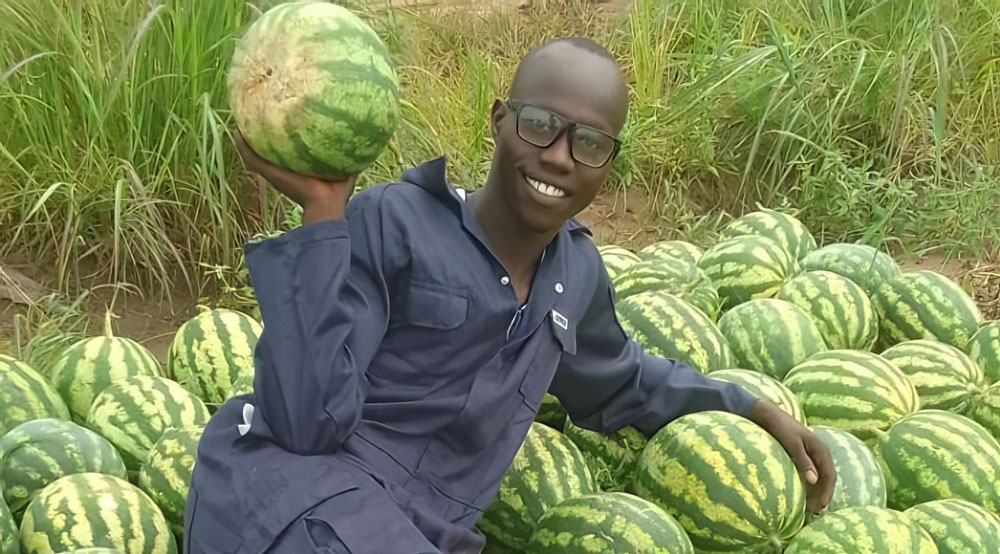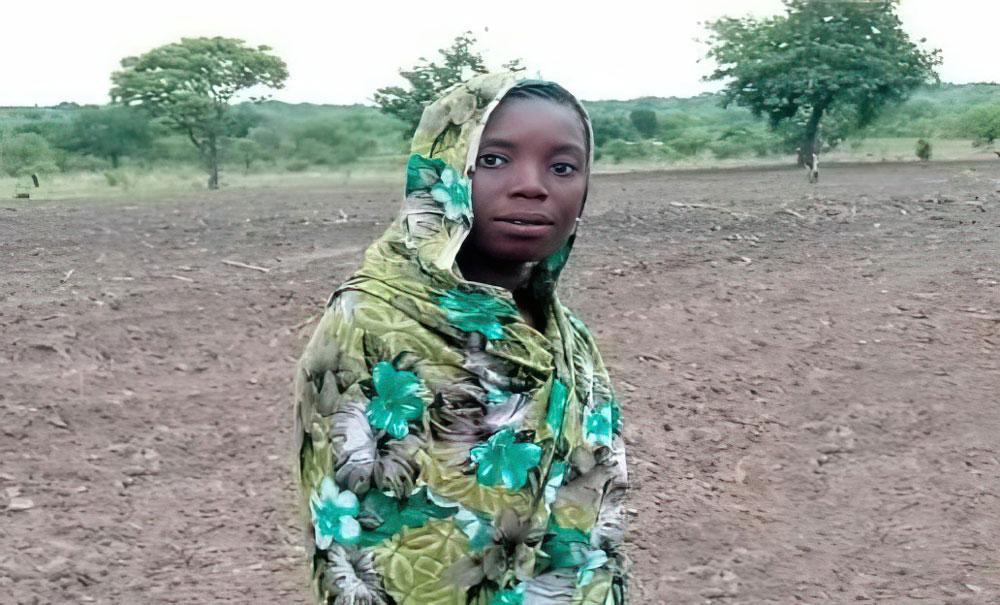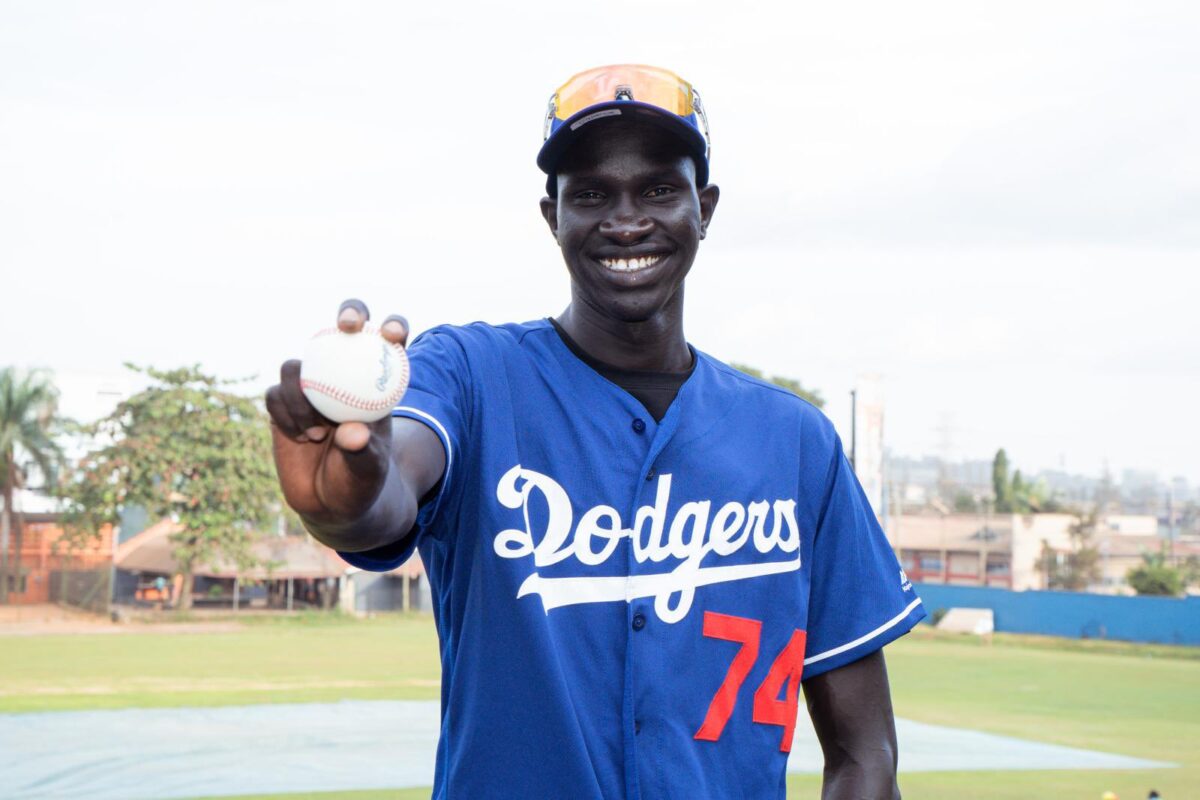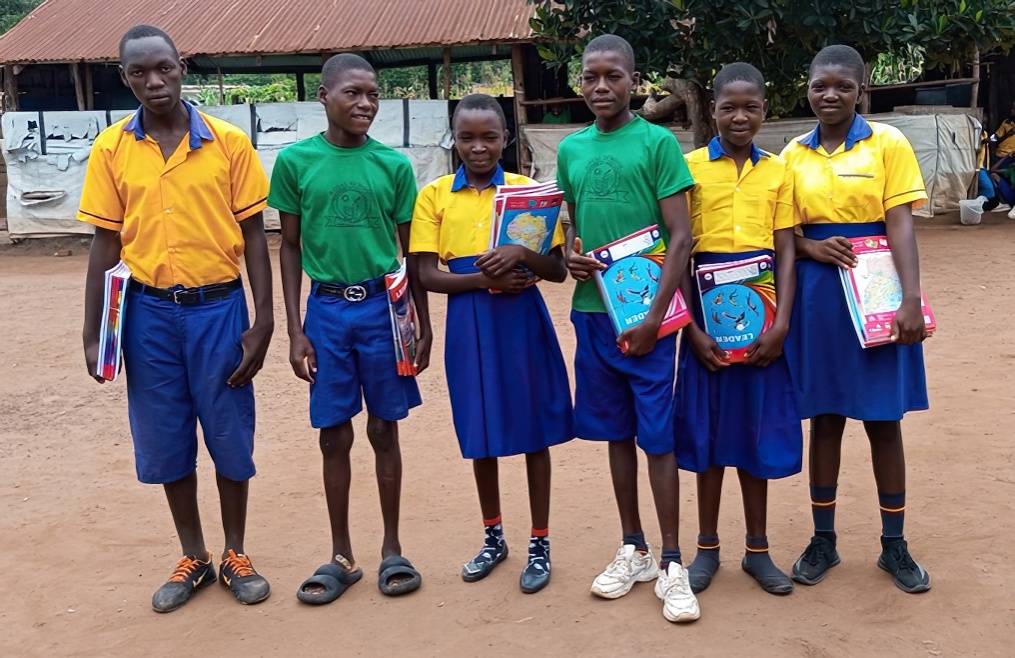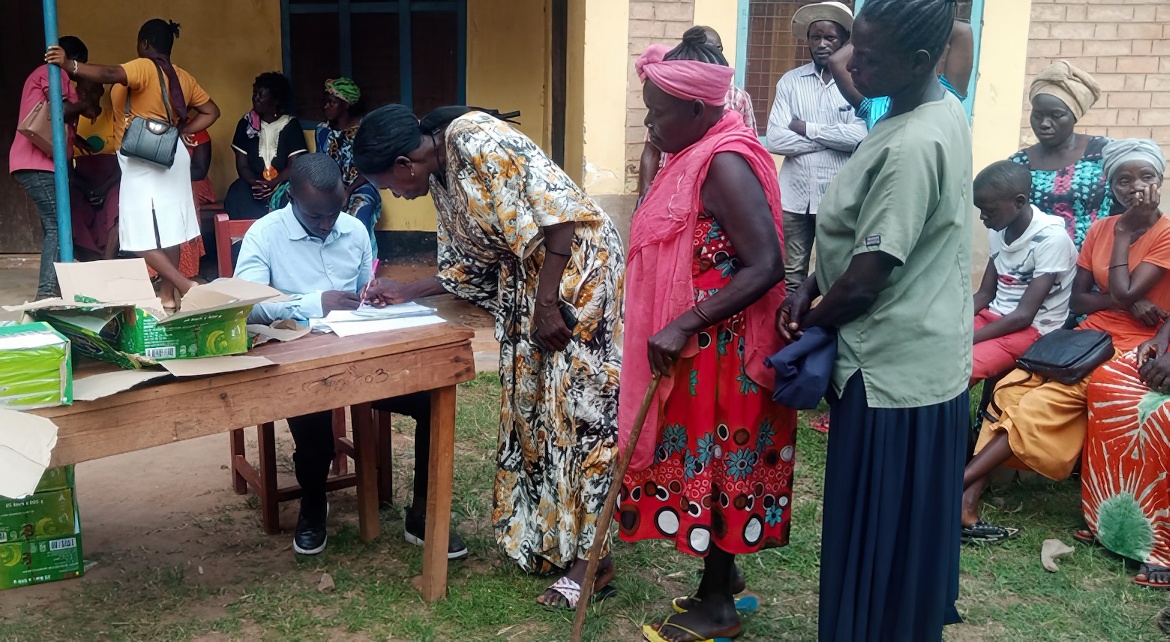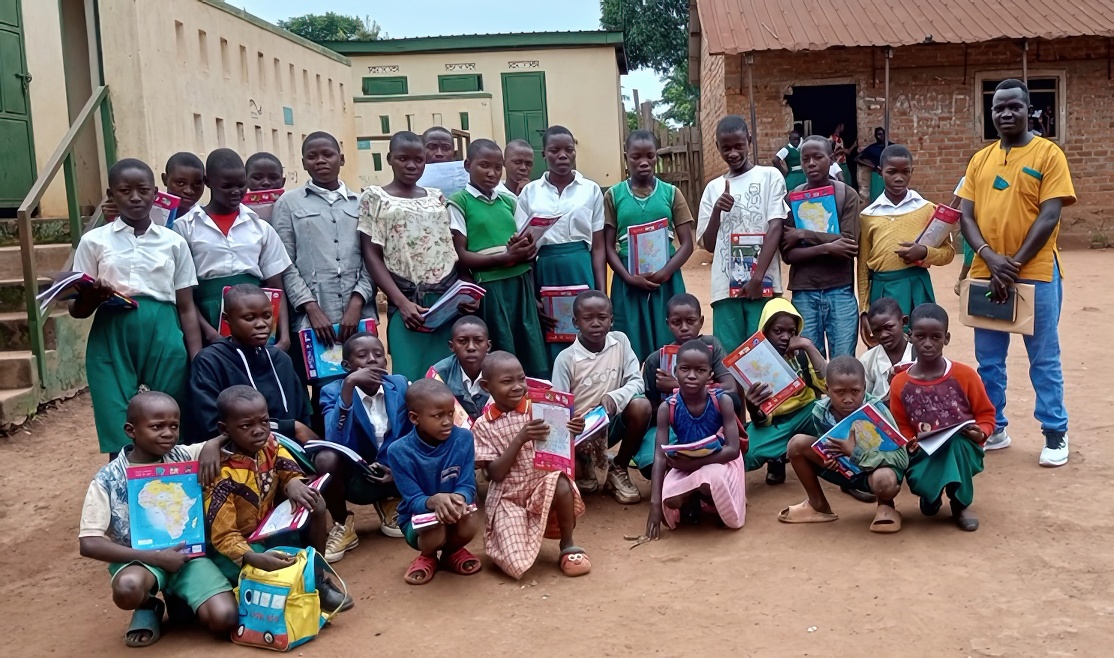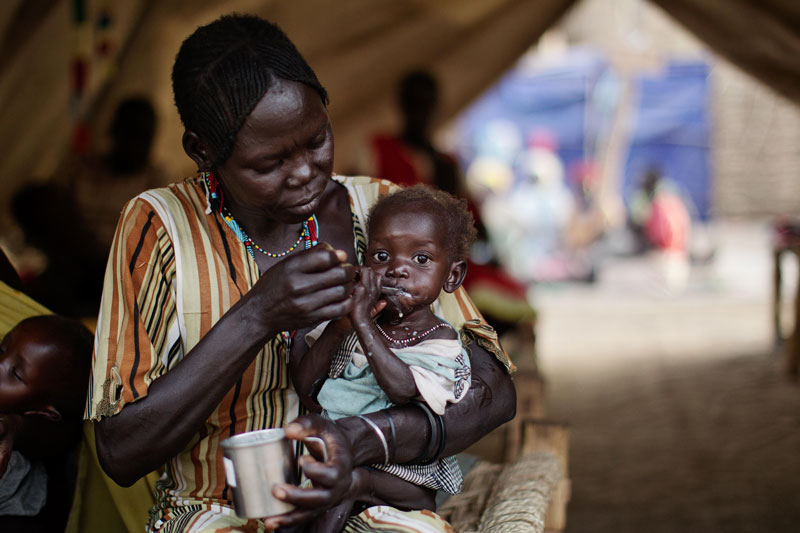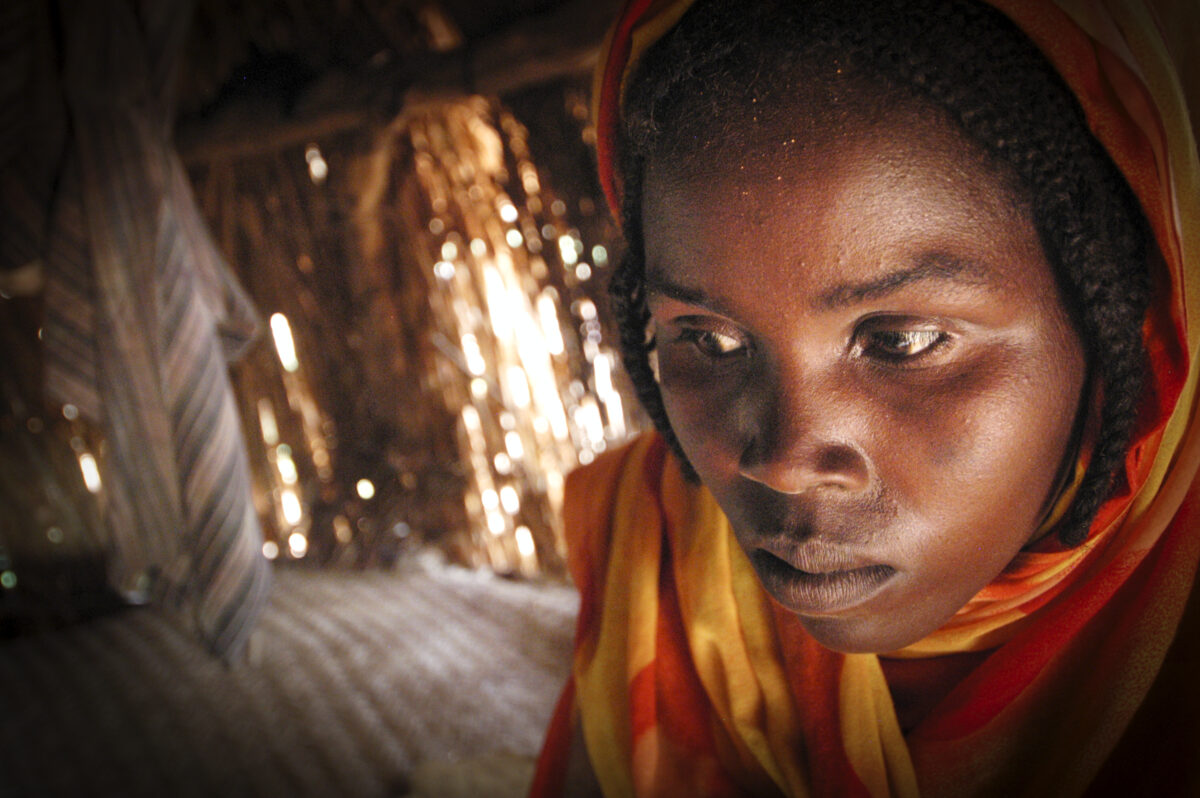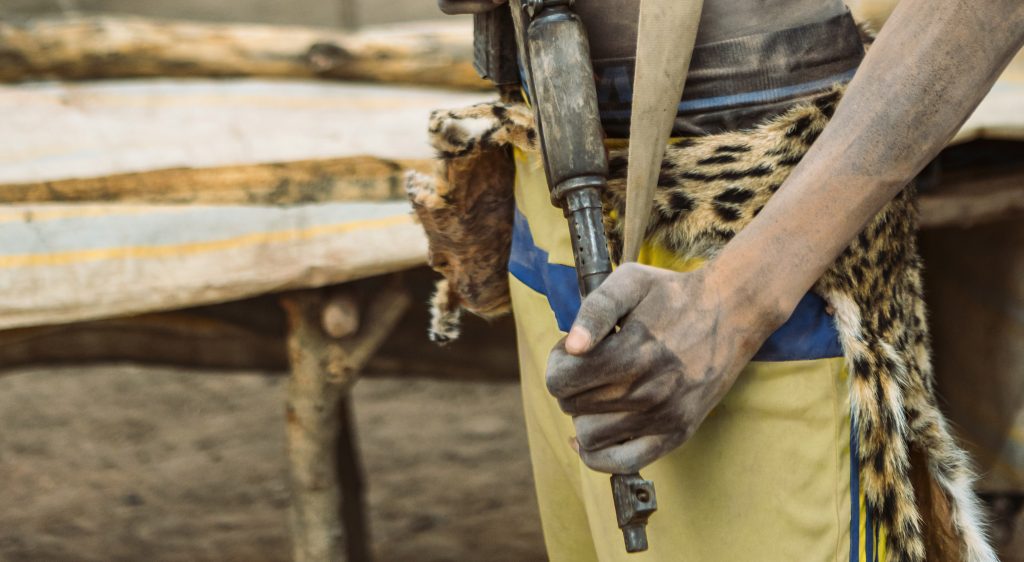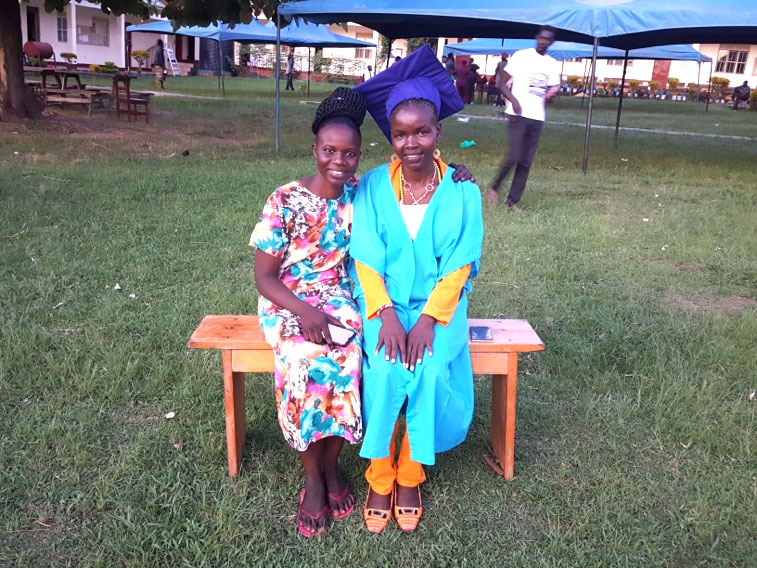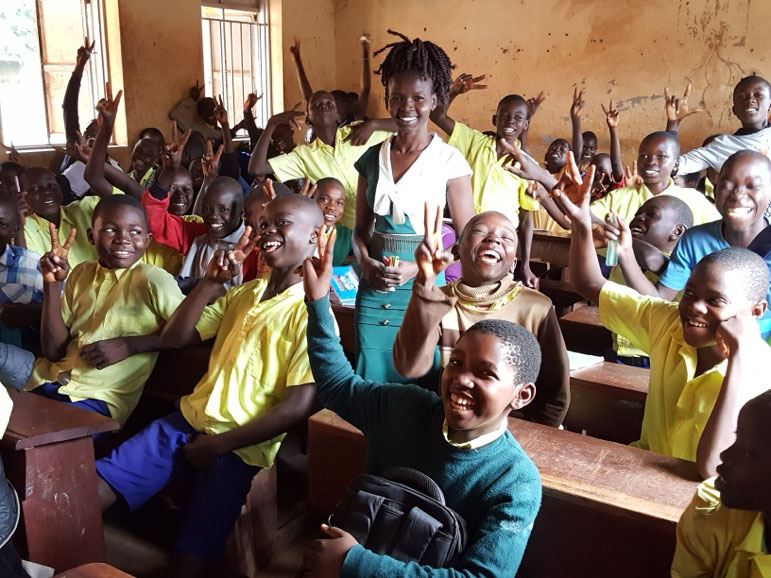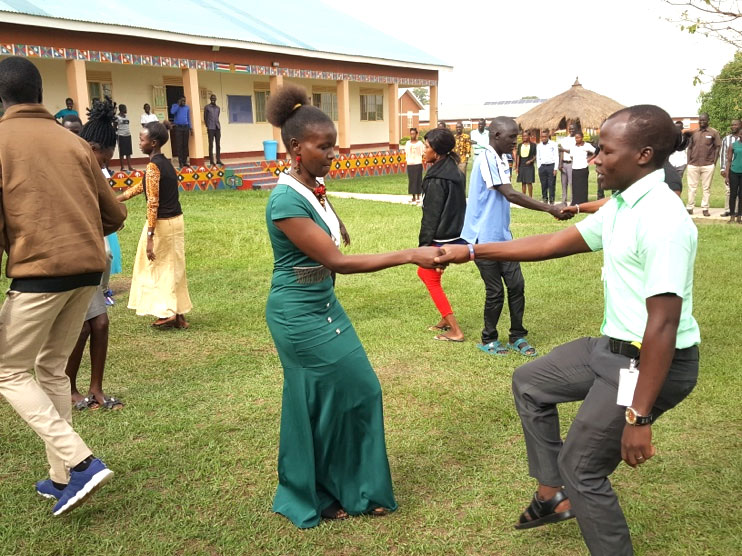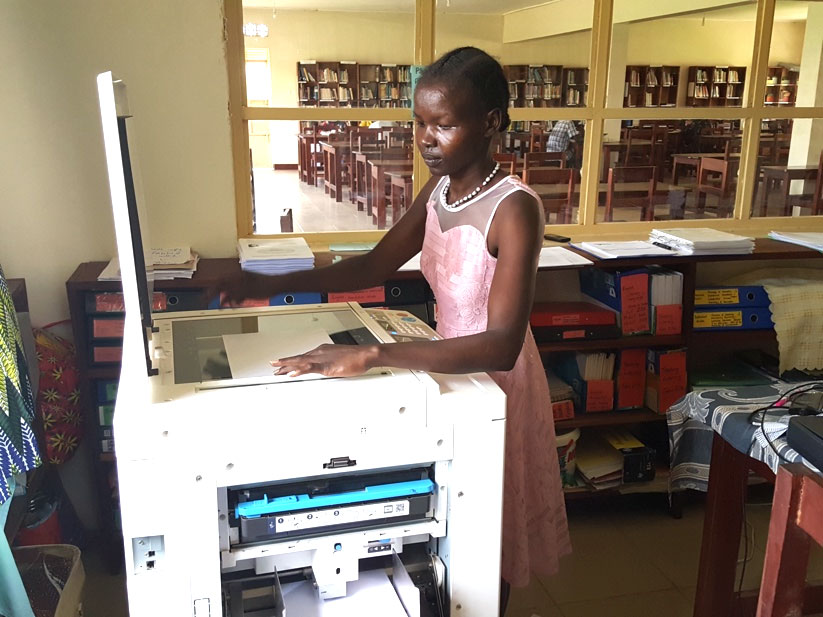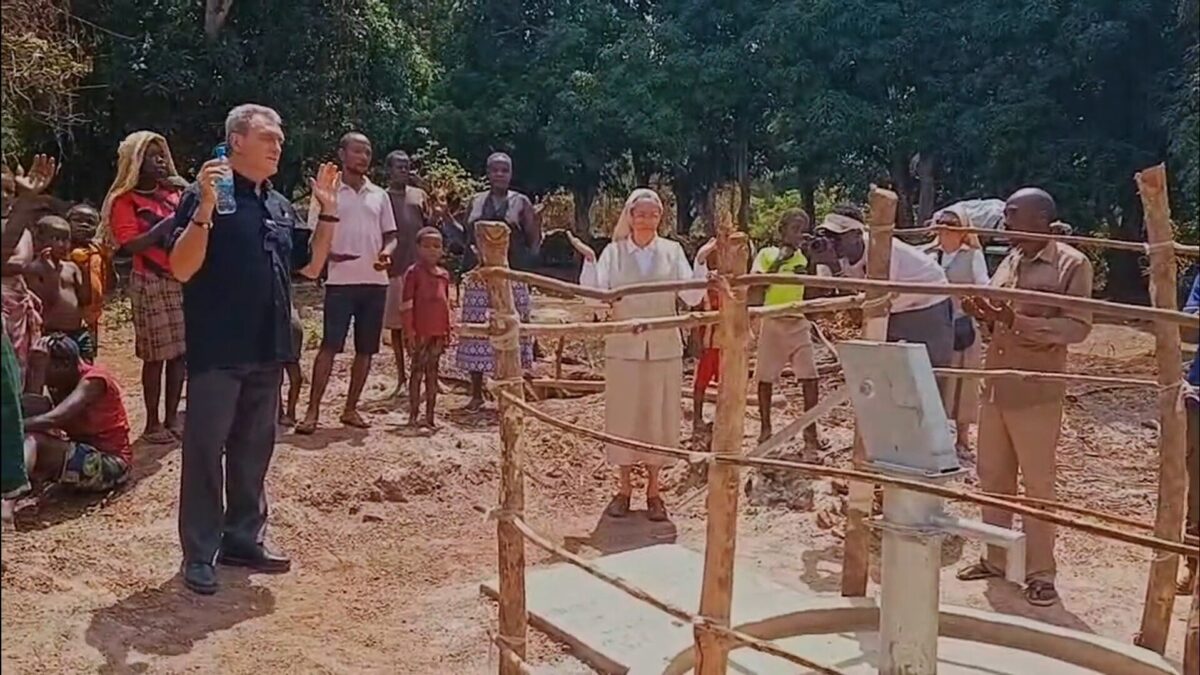
A Drink of Life
Saving Communities by Building Clean Water Wells
Clean water changes everything.
More than half the population of South Sudan has no clean water available to them. The water they drink, wash in, and cook with is often filthy. It may be contaminated with bacteria, animal feces, or parasites that lead to deadly diseases like cholera, typhoid, dysentery, guinea worm, and even polio.
Waterborne disease is so prevalent in South Sudan that it’s a leading killer of children under the age of 15.
Women and girls are victimized in further ways by a lack of available water. Often tasked with trekking for miles in search of water for their households, girls are vulnerable to assault on these lengthy journeys alone.
Dehydration is especially devastating to younger children. Desperate parents give their little ones dirty water if it’s the only choice between drinking that or nothing, which invariably leads to illness or worse.
With the support of our donors and partners, Sudan Relief Fund has been fighting to bring clean water to communities suffering without it. In 2024, we were able to drill more than 24 water wells across South Sudan. The impact one well makes in a community is far greater than most can imagine. Consider some of these incredible benefits:
- stops the spread of deadly waterborne disease
- spares women and girls from dangerous journeys to fetch water alone
- helps mothers experience healthier pregnancies, give birth to healthier babies, and reduce infant mortality
- allows girls time to attend school
- enhances sanitation for bathing, washing clothes and dishes
- empowers healthy adults to grow crops, raise livestock, and work to support their families.
These are just some of the ways a community is transformed by the presence of clean water, a resource much of the developed world takes for granted. And the benefits one well provides last for decades, extending to subsequent generations.
Recently our supporters helped us successfully install a much needed well for a community in Ave Maria parish, where more than 600 internally displaced people took refuge after being forced to flee their homes due to violent warfare and conflict.
For too long these displaced families were forced to rely on murky, unsafe water for drinking and cooking. Now, thanks to your support, they finally have clean water.
It was a joyful moment for the whole community when the well was completed. A ceremony was held to celebrate the occasion, and a special blessing was given over the new well. The scene was beautiful, and joy filled the air as over 600 people danced, sang, prayed, and gave thanks for the clean water they now had.
That’s the difference clean water makes. It saves lives and transforms entire communities. Water unites all of humanity in our dependence on it. Thank you for helping us bring this vital resource to people in need, like these families in Ave Maria parish and many others.
These stories of lives saved are possible thanks to our generous donors who support efforts like these to build water wells and bring clean water to people without it. Thank you for partnering with us to transform lives and make healthier futures possible.
Would you like to pray for us? Sign up for our email prayer group to receive weekly emails sharing important needs to pray for. You’ll join a faith community around the globe praying to bring hope and help to suffering people in a forgotten part of the world. Click here to find out more.

